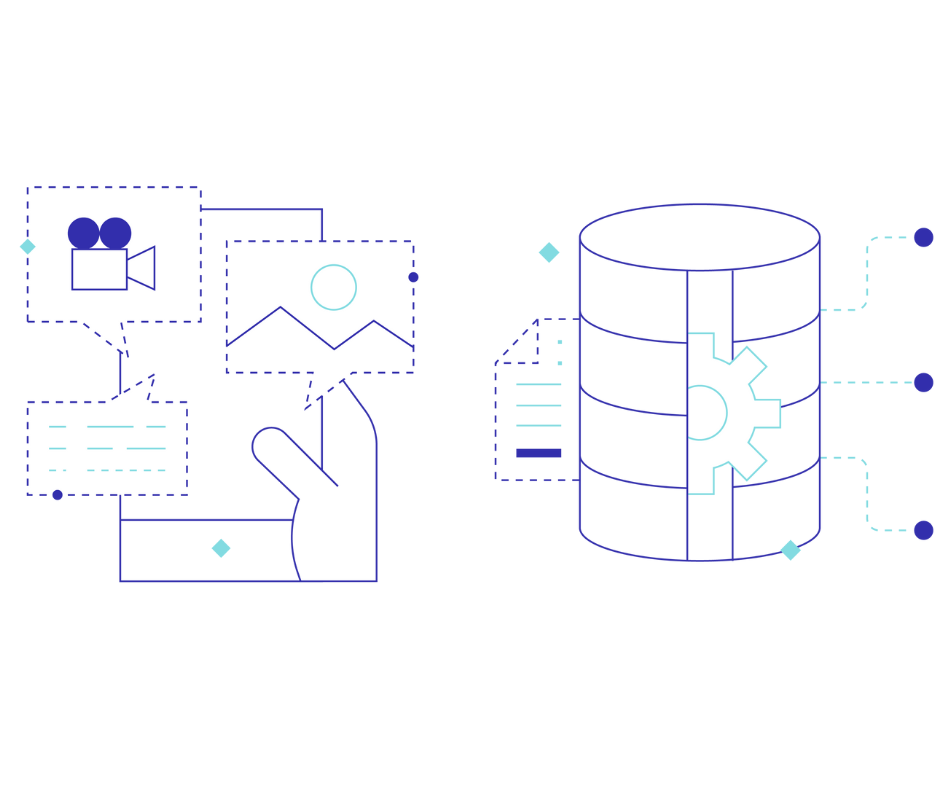Enhancing the Openness and Usability of Digital Public Goods by Accepting Only Fully Open-Licensed Content Collections and Data Sets

Author: Amreen Taneja, Standards Lead, DPGA Secretariat
The Digital Public Goods Alliance (DPGA) is committed to maintaining the highest standards of openness and usability of digital public goods (DPGs). In line with this commitment, the DPGA Secretariat recently proposed a significant enhancement to the criteria needed for open data sets and open content collections to be recognised as DPGs.This proposal, which was open for public comment and underwent the DPG Standard’s governance procedures, is now being implemented as a new requirement under the DPG Standard and will be effective as of Sept 1st, 2024.
The change means that mixed licensed data sets and content collections will no longer be recognised as DPGs. Instead, only fully open data and content collections, including those with some access restrictions, are eligible for DPG recognition.
A Rigorous Approach to Licensing: How the Decision was Made
Following a thorough review of existing all solutions listed on the DPG Registry, it became clear that a small subset of mixed-licensed data and content collections presented several challenges. These challenges included potential legal complications and confusion if a user doesn’t realise that some of the DPG they’re accessing is not openly licensed, and they accidentally use it in violation of the licence, and difficulties in ensuring the clarity and usability of a DPG where only part of it can be used freely. As a result, the need for a more stringent approach to licensing emerged as essential to maintaining the openness and usability of DPGs.
The DPG Standard’s Council’s decision to refine the requirements around open licensing is the result of extensive consultations with experts from Creative Commons and the Open Knowledge Foundation, who are leaders in the field of open content and open data standards, as well as the feedback received during the open comment period.
The New Requirement: What It Means for DPGs
This new requirement means open data sets and content collections must meet the following criteria to be recognised as a digital public good:
- Comprehensive Open Licensing:
- The entire data set/content collection must be under an acceptable open licence. Mixed-licensed collections will no longer be accepted.
- Accessible and Discoverable:
- All data sets and content collection DPGs must be openly licensed and easily accessible from a distinct, single location, such as a unique URL.
- Permitted Access Restrictions:
- Certain access restrictions—such as logins, registrations, API keys, and throttling—are permitted as long as they do not discriminate against users or restrict usage based on geography or any other factors.
The Rationale: Enhancing Trust, Usability, and Innovation
This new requirement is designed to increase trust and confidence in all DPGs by ensuring that users can fully engage with solutions without concerns over intellectual property infringement. Simplifying access and usage aligns with the DPGA’s goal of making DPGs truly open and accessible for widespread adoption.
By eliminating the risks associated with mixed licensing, the integrity of the DPG definition and DPG Registry is protected. It also helps foster an environment and ecosystem where innovation can thrive without legal uncertainties. Additionally, while the DPGA Secretariat acknowledges the importance of openness, we also recognise the need to protect personal information and ensure that certain content collections and data sets are shared responsibly and only when appropriate.
Implementation and Impact
As part of the implementation process, existing DPGs that currently feature mixed licensing will need to either move or re-license the proprietary components of their data and content to maintain their status as digital public goods. The DPGA Secretariat will assist the existing DPGs in making this transition if they want to meet this new criteria.
For new potential DPGs, this requirement may also re-open the door to solutions that were previously rejected due to having openly licensed content/data collections with access barriers like logins, or registration, that are now permitted – thereby broadening the scope and diversity of the DPG ecosystem.
Next Steps
In alignment with DP Standard governance procedures, the new requirement was open for public comment and has now been finalised and will be implemented on September 1, 2024. No changes to the language of the existing DPG Standard are necessary. The focus will be on stricter enforcement of existing open licensing requirements. This change will be reflected in the questionary of the DPG Standard where adjustments will be made to the questions asked of applicants to reflect these new requirements. This will include verifying that entire content collections and data sets are under an open licence and assessing the nature of any access restrictions. The DPG Standard’s Council will continue to monitor its impact and make necessary adjustments to ensure the ongoing improvement and relevance of the DPG Standard.
The DPGA Secretariat appreciates the invaluable input and support from the broader community as we continue to uphold and enhance the principles of openness and usability of digital public goods worldwide.